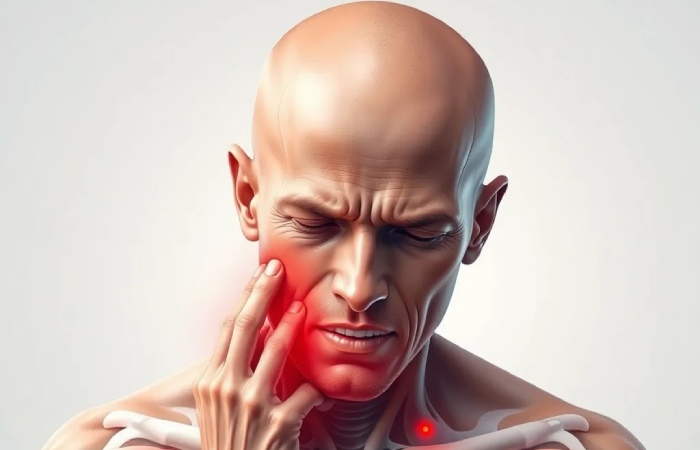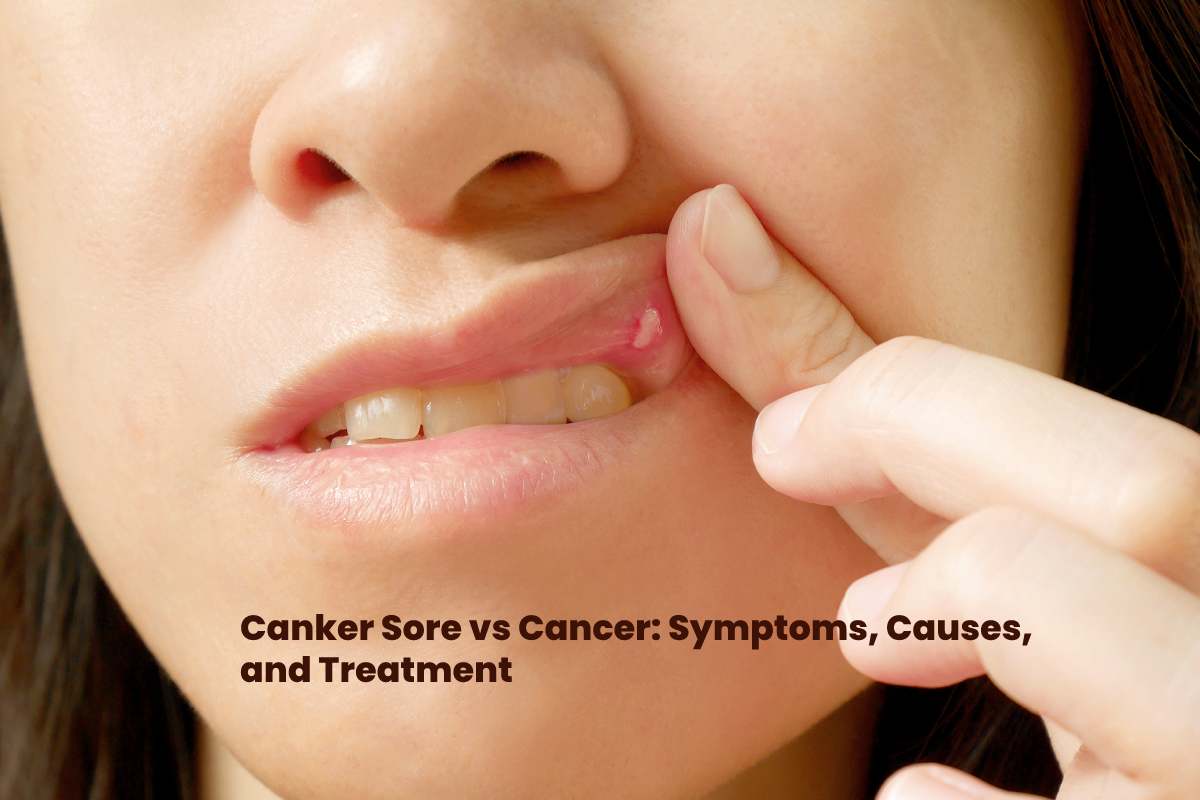Table of Contents
Introduction
Vitamins are classes of organic compounds needed by the human body in smaller quantities. One thing to bear in mind is that a deficiency in any one of the three may result in sickness or disease. Here’s a closer look at some vitamin deficiencies, what they do to your body, and how to treat them. We will also discuss WellHealthOrganic. Well, com can help put such shortcomings into context and overcome them.
What are Vitamin Deficiencies?
Vitamins are microelements classified as crucial to human growth and development. Vitamin DeficiencyMeans there is not enough vitamin in the body. Vitamin deficiencies take a while to occur, and their symptoms vary depending on which vitamin you are missing. However, since some signs are shared among other diseases, a qualified doctor can make the diagnosis.
Why are Vitamins Important?
Our bodies require vitamins in minute amounts to function appropriately, considered organic compounds. These vitamins are instrumental in various processes, such as energy production, immune, and cell repair.
Common Vitamin Deficiencies
1. Vitamin A Deficiency
- Role: Essential for vision, immune system, and skin health.
- Symptoms: Night blindness, dry eyes, skin issues.
- Causes: Bad nutrition, malabsorption.

2. Vitamin D Deficiency
- Purpose: Key for calcium absorption and bone health.
- Symptoms — Osteoporosis, muscle weakness, increased risk of infections.
- What causes it: Not enough sun exposure and dietary intake.

3. Vitamin E Deficiency
- Function: An antioxidant that protects cells from damage
- Symptoms: Immune system defect, nerve function disruption.
- Causes: Rare, usually due to malabsorption disorders.
4. Vitamin K Deficiency
- Role: Critical for blood clotting and bone health.
- Symptoms Warning: May be distressing: Bruising; bleeding
- Risk factors: A diet low in what your body needs, some medications.

5. Vitamin C Deficiency
- Function: Essential for collagen synthesis, immunity, and iron absorption.
- Symptoms: Fatigue, bleeding gums, joint pain, scurvy.
- Causes: Insufficient amount of food consumption.

6. B Vitamin Deficiencies
- Role: Various functions, including energy production and nerve health.
- Symptoms: Fatigue, bleeding gums, joint pain.
- Causes: Poor diet.

Causes of Vitamin Deficiencies
- Vitamin deficiency can happen for many reasons.
- A diet low in healthy foods: Not eating enough fruits, vegetables, whole grains, and other healthful foods.
- Malabsorption: In some conditions, like Crohn’s or celiac disease, nutrients aren’t properly absorbed.
- Lifestyle: Thus smoking, high intake of alcohol, and less sunlight.
- Drugs: Certain drug classes may disrupt the absorption of vitamins.
How to Identify Vitamin Deficiencies?
- Warning Signs: Uneven skin, perpetual tiredness, feeble muscles.
- Doctor Help: Visit a clinic and request a dietitian and a nutritionist for a healthy dieting plan.
Prevention and Treatment
- Dietary Sources: Consume various sources of lean protein, whole grains, countryside of vegetables, country of fruits.
- Supplements: If you find there’s a gap in nutrient content, consult with a physician and consider dietary supplementation.
- Lifestyle changes: eat enough food, have enough sustenance, take Vitamin D supplementation, and get sunlight daily.
When to Seek Medical Help?
Consult a healthcare provider if you experience:
- Persistent fatigue
- Unexplained skin changes
- Neurological symptoms
- Muscle weakness
- Frequent infections
The Role of WellHealthOrganic.com
Wellhealthorganic.com provides many articles and guides that target methods and supplements for improving vitamin deficiencies. They also extend their reach by explaining ways to balance nutrition and live healthier lives.
Key Takeaways
| Vitamin | Role | Deficiency Symptoms | Common Causes |
| A | Vision, immune system, skin health | Night blindness, dry eyes, skin issues | Poor diet, malabsorption |
| D | Calcium absorption, bone health | Osteoporosis, muscle weakness | Limited sun exposure, inadequate intake |
| E | Antioxidant, cell protection | Immune issues, nerve problems | Malabsorption |
| K | Blood clotting, bone health | Easy bruising, bleeding | Poor diet, medications |
| C | Collagen production, immune support | Scurvy, fatigue, joint pain | Inadequate intake |
| B Complex | Energy production, nerve health | Anemia, skin conditions, fatigue | Poor diet, life stages |
By staying informed and proactive, you can ensure your body receives the essential nutrients it needs to thrive.
Conclusion
Understanding the symptoms that appear in vitamin deficiencies is vital for preserving one’s good health. Acquaintance with these symptoms can help prevent any weakness or address it suitably. Seek medical care to obtain a proper diagnosis and treatment. Sites like WellHealthOrganic.com help achieve better health.
Disclaimer: This content is for educational purposes only and is not intended to be professional medical advice. Always reach out to a medical professional for specific advice. It is not a substitute for licensed practitioners, so reaching out to a healthcare professional is always important.



